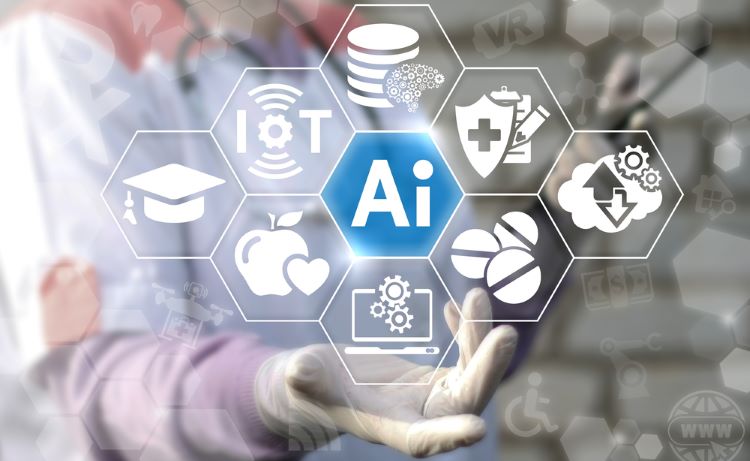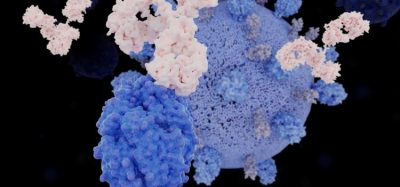AI reshapes pharma recruitment, but skills gaps, culture and bias temper gains
Posted: 31 October 2025 | Ian Betteridge (RPL) | No comments yet
Cultural change inside pharma needed to help attract tech talent and support a deeper adoption of AI in the industry, say recruiters at CPHI Frankfurt 2025.


Pharma companies are accelerating investment in AI for hiring, yet inconsistent adoption, skills mismatches and entrenched processes are limiting impact, according to industry recruiters speaking at a session on AI and recruitment at CPHI Frankfurt 2025.
Recruiters reported widespread experimentation but low organisational maturity. While “every kind of company in pharma services is doing some kind of AI adoption,” much of it remains at a “low level”, said Neil Kelly of Vector Talent. Andrew Mears of Lead Candidate noted that although data volumes are vast and most pharma businesses have upped AI budgets, the way AI is applied is uneven and sometimes constrained by legacy working methods.
The panellists also noted there is a growing skills gap between ambitions for AI and workforce capabilities. At the senior level, Mears said succession plans are often too rigid for the pace of change which AI is generating. Manuela Herrlein of Alpine One urged firms to shift from role-based thinking towards a focus on skills-based hiring, and to consider borrowing people with AI skills across business units to close gaps when required.
[firms should] shift from role-based thinking towards a focus on skills-based hiring, and to consider borrowing people with AI skills across business units to close gaps when required”
All the panellists spoke about how early-career talent is being squeezed by AI adoption. Herrlein warned that entry-level roles have “decreased massively”, leaving 22–25-year-olds struggling to get a first foothold and depriving companies of promising talent. Education pipelines also lag future job needs, and attracting tech talent remains difficult without cultural change inside pharma.
Process and infrastructure changes were flagged as overdue. Speakers advised clearer ownership of AI literacy, regular audits for bias, and re-evaluating job definitions at each hire to reflect five‑year horizons rather than historic templates. Fear of regulatory implications and weak business cases were cited as factors slowing modernisation.
On human factors, panellists agreed AI should augment, not replace, recruiters. AI can remove administrative friction and expand time for human contact, but identity risks and over‑reliance on machine outputs demand “human in the loop” safeguards and stronger critical‑thinking habits. Bias remains design‑dependent: models trained to find “mini‑mes” will simply entrench it, underscoring the need for mitigation strategies and current, relevant training data.
Bottom line: AI is broadly entering pharma recruitment, yet real gains depend on shifting to skills‑based workforce planning, updating hiring infrastructure, and addressing culture, literacy and bias with clear accountability and measurable audits.
Related topics
Artificial Intelligence, business news, CPHI, Digital, Industry Insight, Recruitment









